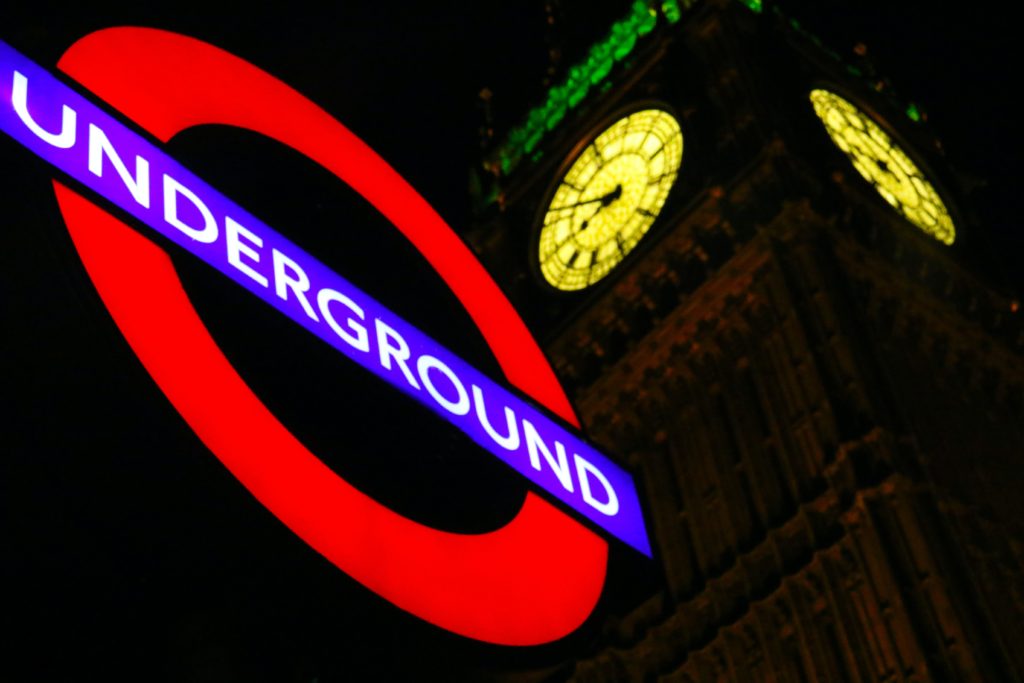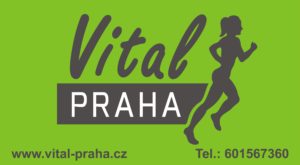
Difficult words: recipe, receipt, prescription



For us native speakers of English the odd word such as otohinolaryngologist (technical term for an ear, throat and nose doctor) can cause difficulties in pronunciation due to length and amount of syllables but other words such as as thirsty [ˈθɜː(r)sti] or cucumber [ˈkjuːˌkʌmbə(r)] which regularly strike fear into the hearts of learners of English as foreign language are on the contrary for native speakers rather simple and most wonder what all the fuss is about when it comes to these apparently easy to pronounce words. Obviously if you have been listening and developing the th sound since birth it is soon second nature but for those who have to cultivate it later the result can often be a spitting mess of tongue teeth and lips! Practice does make perfect as the saying goes and with a little time and concerted effort it is quite possible to replicate these sounds correctly without making strange noises.

The th sound is another topic, and today let us concentrate on some words which can sound similar and be confused even if they are rather different. In the words recipe, receipt and prescription we have almost the full repertoire of vowel sounds made from the letter i and e. Starting with recipe [resəpi] and said re-si-pee. This word which is defined as ¨the directions for preparing a dish¨ (dish referring to food) or ¨something certain to lead to a particular outcome¨ consists of six letters and three short syllables, a light e sound as the first syllable re, followed by an equally light i sound in the second si and finally a harder ee sound in the final syllable pee. Combine together and as with all good recipes it should be perfect, rolling off the tongue as re-si-pee. Now remember the definition from above, for recipe is not ambiguous even if it can in its second meaning have slightly abstract connotations as in the sentence, ¨our lack of preparation for the big match was a recipe for disaster and we lost.¨ Compare this with the more popular usage connected with food, ¨My Mum gave me a wonderful recipe for Apple pie.¨ This is the full scope of the word recipe and you will never encounter a recipe in a chemist or at the doctors as you would a prescription which we will come to later. Next in line is receipt [rɪˈsiːt], spoken in just two syllables as ri-seet. This is the small piece of paper that you get when you buy something in a shop or restaurant (the American English synonym being bill). Notice how the letter p is completely absent, or silent in the spoken form. Do not attempt to slip the p in there, no matter how slightly, it is absolutely not there.

Receipt the noun as discussed is derived from the literal meaning to receive something, receive [rɪˈsiːv], pronounced ri-seev, which is a synonym of get and in learning these words it could help to remember the sentence „I receive a receipt when I buy something.“
The final one of this trio of words is also the longest at twelve letters and 3 syllables. Prescription [prɪˈskrɪpʃ(ə)n], said pre-skrip-shun again uses a soft e and a soft i sound and in the final syllable there is an example of a typical English swallowed vowel sound for there is no on sound, the o being ousted in favour of a soft u sound, similar as in done or run but more of a subtle and short u sound, just like the vowel has been swallowed short of its finish, the same as in the words direction or portion. As for the meaning of this word, it is connected only to doctors and chemists. The verb prescribe is used when the doctor examines a patient and decides that some medicine is needed. Therefore the doctor prescribes some medication, which is written or printed on a piece of paper and this document is called a prescription which is then taken to the chemist where it can be exchanged for the prescribed medicine. Although it may look very much like one, it is definitely not a receipt, and this piece of paper which you receive from the doctor is always and only known as prescription.
A recipe for good vocabulary knowledge is to remember that you receive a prescription for medication from the doctor while you receive a receipt when pay for goods or services.
Interesting Post



